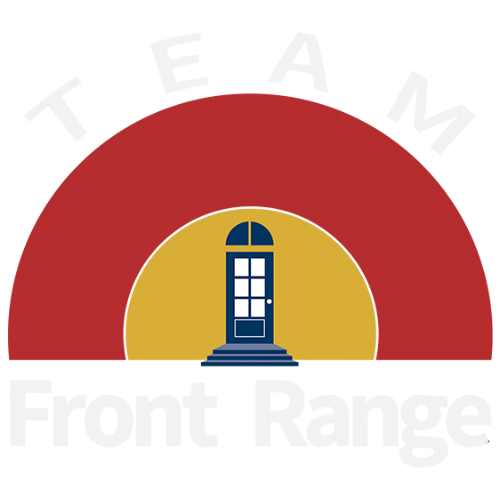Metro Denver’s $628 Billion Housing Market: What It Really Means for Homeowners and Buyers in 2025
Denver’s Housing Market Tops $628 Billion.
But What Does That Number Actually Mean?
The Denver Metro housing market continues to attract attention, with its total valuation reaching approximately $628 billion, according to a recent Axios Denver report. While this represents a ~$10 billion (1.6%) year-over-year decline, it still highlights the remarkable size and strength of the region’s real estate market.
But before assuming that every homeowner is sitting on massive, accessible equity, it’s worth understanding what that number truly represents—and what it means for both homeowners and prospective buyers.
Understanding the $628 Billion Valuation
That $628 billion figure reflects the aggregate market value of all residential real estate across the Denver metro area. It’s a snapshot of collective property worth, not a measure of how much individual homeowners can actually access or liquidate.
Equity, for instance, depends on several factors:
- Outstanding mortgage balances
- Localized property appreciation or depreciation
- Individual financial health and lending conditions
So while the overall market remains strong, not all of that $628 billion translates directly into usable, spendable equity.
What’s Happening in Metro Denver Right Now
According to Axios and data from the Denver Metro Association of Realtors (DMAR):
- Inventory levels are rising, with listings reaching a
14-year high — indicating a shift toward a more buyer-friendly market.
- Home prices have eased slightly over recent months, following the national trend of moderation after pandemic-era peaks.
- More sellers are offering price cuts or incentives to attract buyers, particularly in suburban markets.
- New construction continues steadily, providing additional housing options and helping balance supply and demand, though absorption of that inventory can take time.
Overall, these trends signal a cooling but still resilient market—one where strategic decisions matter more than ever.
What This Means for Homeowners
If you currently own a home in the Denver metro area, here’s what the market landscape could mean for you:
- Equity Remains Strong (But Varies Widely)
Many homeowners still hold significant equity due to steady long-term appreciation. For example, homeowners who purchased before 2020 often have loan-to-value ratios under 60%. However, those who bought more recently may see less equity growth due to slower appreciation. - Opportunities for Refinancing or HELOCs
Homeowners with healthy equity positions (e.g., 40–50% ownership) may explore home equity lines of credit (HELOCs) or refinancing to fund upgrades or consolidate debt.
Keep in mind: Lenders are tightening credit standards, and interest rates remain a key factor in approval and affordability. - Refreshed Selling Strategies
Even with high overall valuations, pricing realistically is crucial. Today’s buyers are value-conscious, and homes that are staged well, priced competitively, and marketed strategically still sell quickly.
What This Means for Buyers
For buyers, the shifting landscape offers new opportunities—if approached strategically.
- More Negotiation Power – Higher inventory means more options and greater leverage in offers and contingencies.
- Less Bidding Pressure – Compared to 2021–2022, buyers can take more time evaluating properties without the frenzy of multiple offers.
- Still-Strong Market Fundamentals – Despite cooling, Denver’s long-term demand drivers (job growth, lifestyle appeal, infrastructure) remain intact, making this a solid time for well-informed purchases.
Risk Factors and What to Watch
Even as the market steadies, several factors could influence conditions over the next few quarters:
- Interest Rate Fluctuations: Borrowing costs remain the biggest variable. A sudden shift in rates could impact both affordability and demand.
- Economic Trends: Employment levels, inflation, and consumer confidence continue to shape buyer activity.
- Regional Variation: Not all submarkets behave the same—urban condos, for example, may lag behind suburban single-family homes in recovery.
Final Thoughts
Denver’s $628 billion housing market valuation is an impressive milestone—but it’s more a reflection of collective stability than individual windfall. It underscores the resilience of Denver’s housing ecosystem, even as conditions shift toward balance.
For homeowners, this means being strategic about equity and timing. For buyers, it’s a reminder that opportunity exists in calmer conditions—especially with expert guidance.
If you’re considering your next move, reach out to Kristen White and Team Front Range, Keller Williams Trilogy. Whether you’re planning to sell, buy, or simply want a clearer understanding of your home’s current value, our team is here to help you navigate Denver’s evolving real estate market confidently.











